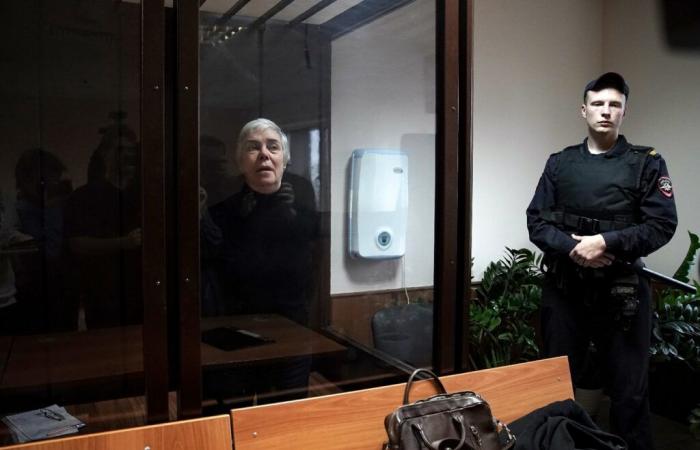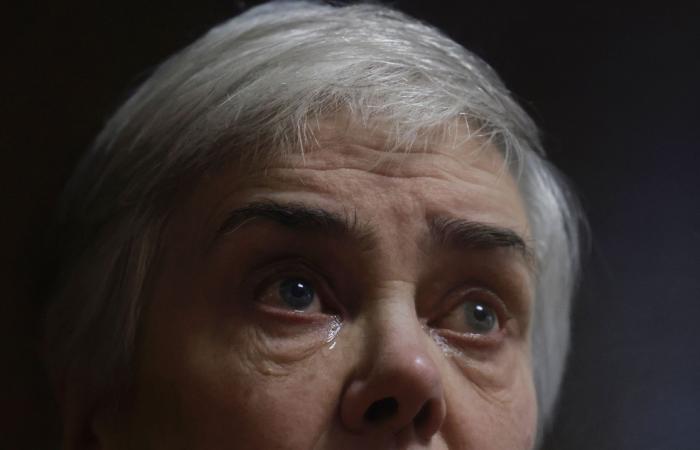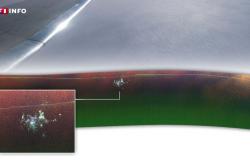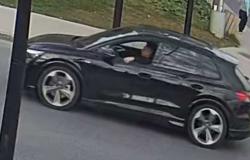The prosecutor asked judge Olga Fedina to “convict (Nadejda) Buïanova and impose a sentence of six years of deprivation of liberty in a penal colony”. The verdict will be delivered on Tuesday.
“I do not admit my guilt, I am innocent,” said the 68-year-old doctor, in tears before the start of the hearing, after the handcuffs were removed.
“None of this is true,” she said from her glass box in court, supported by around ten people in the room, AFP noted.
This case illustrates the ruthless repression targeting critical voices, real or supposed, of the large-scale assault by the Russian army against Ukraine ordered in February 2022 by President Vladimir Putin.
Arrests for espionage, treason, sabotage, extremism or for simple criticism of the army are increasing, with the result of very heavy prison sentences for the accused, often victims of denunciations.
For Nadejda Bouïanova, the ordeal began on January 31 when the companion of a soldier missing at the front, Anastassia Akinchina, 34, denounced her.
This mother of a seven-year-old boy treated by Ms. Bouïanova, accused the pediatrician of having told her during a private conversation that her husband who had disappeared in Ukraine “was a legitimate target” for the Ukrainian armed forces and that “Russia was an aggressor country and attacked Ukrainian civilians.”
A version refuted by Nadejda Bouïanova who described Anastassia Akinchina as “a person with an unstable character”, leaving “nervous and unhappy” from a consultation to treat her child’s stye.
In this word against word, “lies must not be encouraged”, argued Nadezhda Buïanova’s lawyer, Leonid Soloviev, who called for his client’s acquittal.
– “What hatred could I feel?” –
Following these accusations, Nadejda Bouïanova was immediately fired. “I only had ten minutes to gather my things after four years of service” in this hospital, she said.
But the nightmare was then far from over: she was then indicted in February, placed in detention in April, for “spreading false information” about the Russian army which was allegedly motivated by “ethnic hatred”.
Nadezhda Buïanova has lived in Russia for thirty years but was born in Lviv, a city in western Ukraine, considered by many Russians to be particularly hostile to them.
“Everything is explained. This is why she hates Russia and Russian fighters. She is from Lviv!” Anastassia Akinchina exclaimed during a hearing at the end of May.
“It is painful to read what is written in the indictment. What hatred could I feel? I am linked to three Slavic peoples: Russia, Belarus, Ukraine,” she defended again the pediatrician on Friday, before bursting into tears.”
She must also face the testimony of her 7-year-old former patient, who, according to the defense, was not present during the discussion between the two women.
“The doctor told mom that dad was a legitimate target of Ukraine, that Russia is an aggressor country and that Russia was killing civilians in Ukraine,” the child said, in his statement read at a hearing in June and cited by the Russian media Mediazona which covers the repressions.
“These are adult sentences, so frightening… I doubt that these are his words,” Nadezhda Buïanova responded on Friday.
The pediatrician’s colleagues launched an online support petition which has so far collected more than 6,000 signatories. His dismissal was canceled in July by a Moscow court without this having any impact on the criminal proceedings.
“I am not a politician. I am a doctor,” Nadezhda Buïanova said on Friday, asking the court to take into consideration her state of health and her impeccable professional record.







